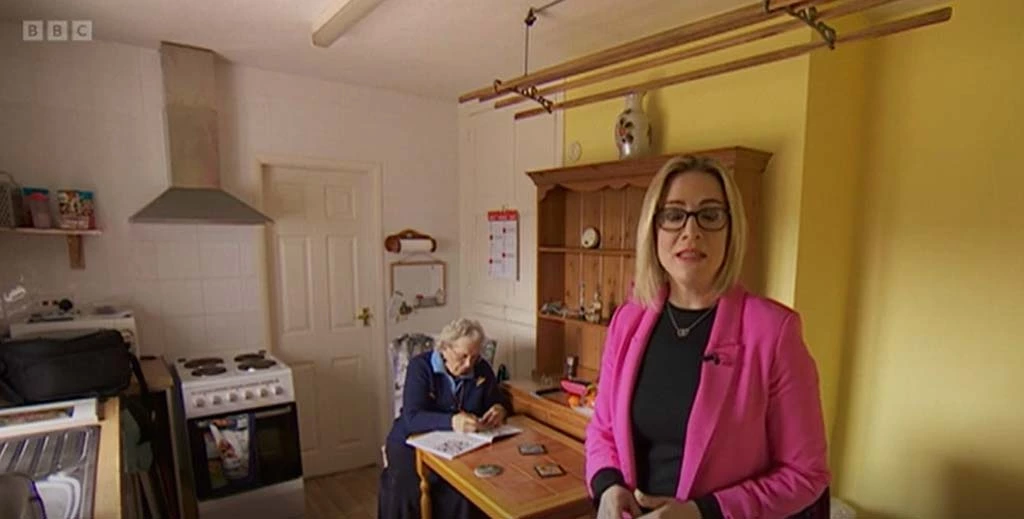
An 80-year-old disabled woman is being evicted from her home after more than 60 years because her property won’t pass tighter new EPC rules, a case which is believed to be the first of its kind.
Thoresby Estate which owns Anne Marsh’s property in Edwinstowe, Nottinghamshire (pictured), says it is no longer viable to rent it out, leaving the pensioner two months to find somewhere else to live.
A report on BBC East Midlands Today explained that although Newark & Sherwood Council is trying to find her a new home, it’s proving difficult as Marsh needs somewhere to park her valuable mobility scooter.
62 years
“I’ve been here 62 years – why do I want to go anywhere else?” she told the programme. “I will be isolated somewhere else and that’s very difficult for an old person – that’s what kills old people off.”
A spokesman for Thoresby Estate says it deeply regrets the situation. “However, the recent law changes with regards to energy performance certificates has made it no longer viable for us to rent out houses like this. Our sympathy goes out to everyone in this and similar situations.”
The NRLA, along with many other groups, has been urging the government to announce more financial help for the PRS to make energy efficiency improvements ahead of looming new rules that could see all tenancies forced to have a C EPC by 2028.
Just the start
 Nottingham landlord Mick Roberts (pictured) believes this eviction is only just the start. “The government needs to sort this out,” he tells LandlordZONE.
Nottingham landlord Mick Roberts (pictured) believes this eviction is only just the start. “The government needs to sort this out,” he tells LandlordZONE.
“Half of my properties won’t get to a C band without spending £30,000 and that isn’t happening when tenants are paying 70% of market rent. Some have had a new boiler and double glazing and are still a D rating.”
Adds Roberts: “It should be up to tenants – I’ve asked some and they are quite happy with their houses and don’t want anything done because they don’t want to pay more rent.”
Original Post from landlordzone.co.uk




 David Smith, property lawyer at
David Smith, property lawyer at 


